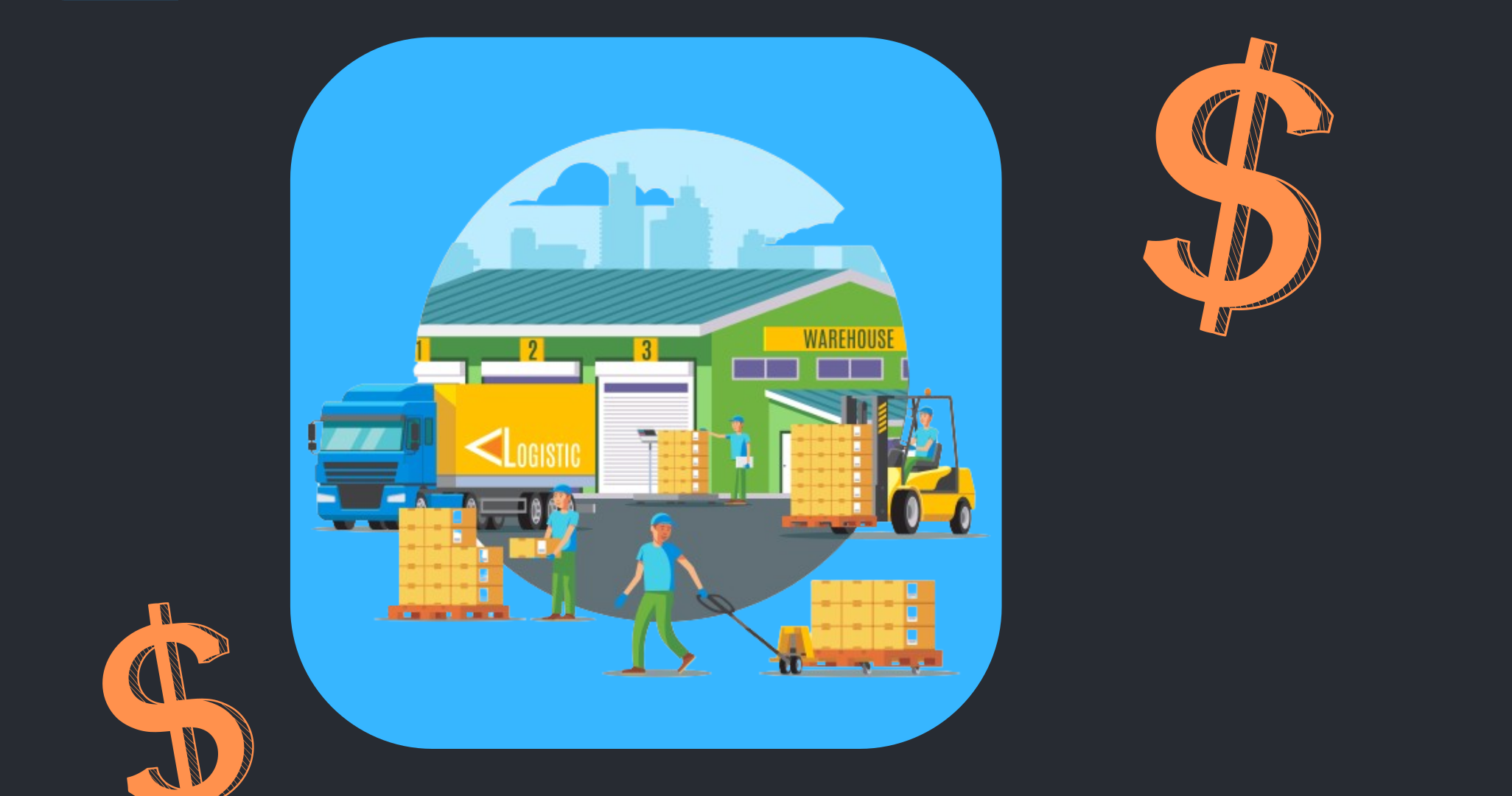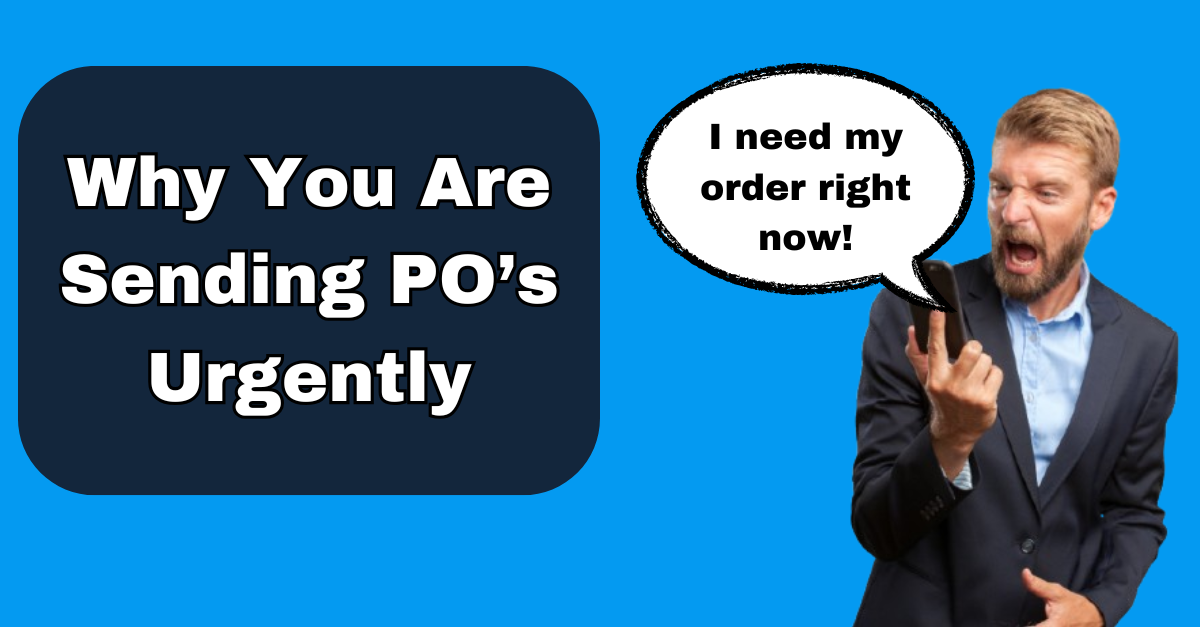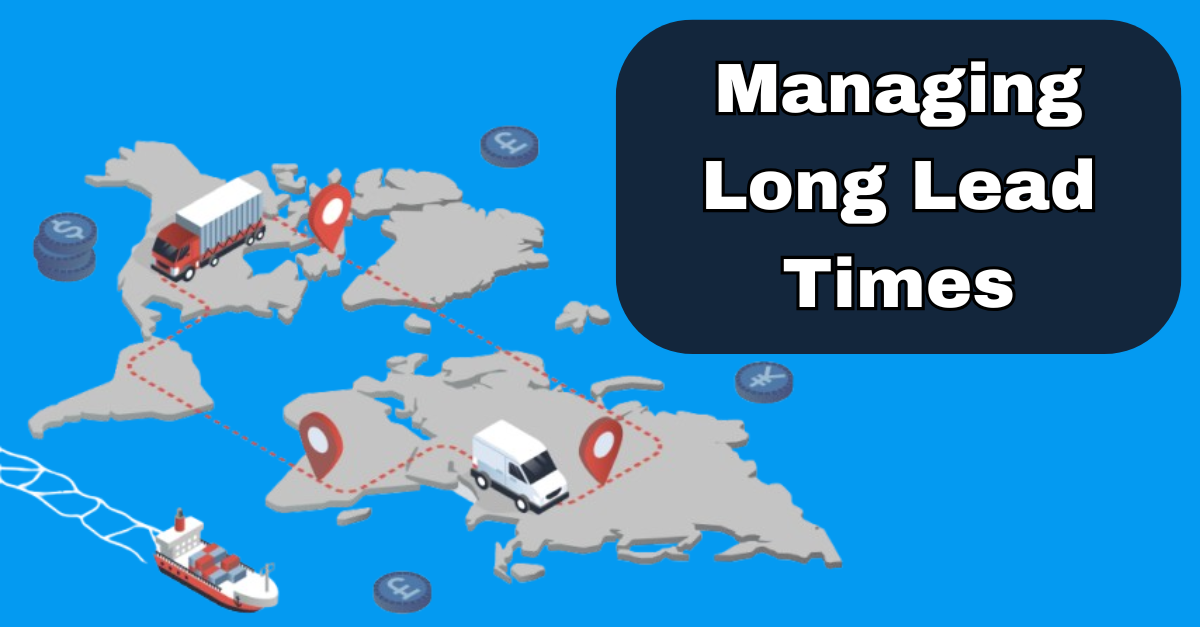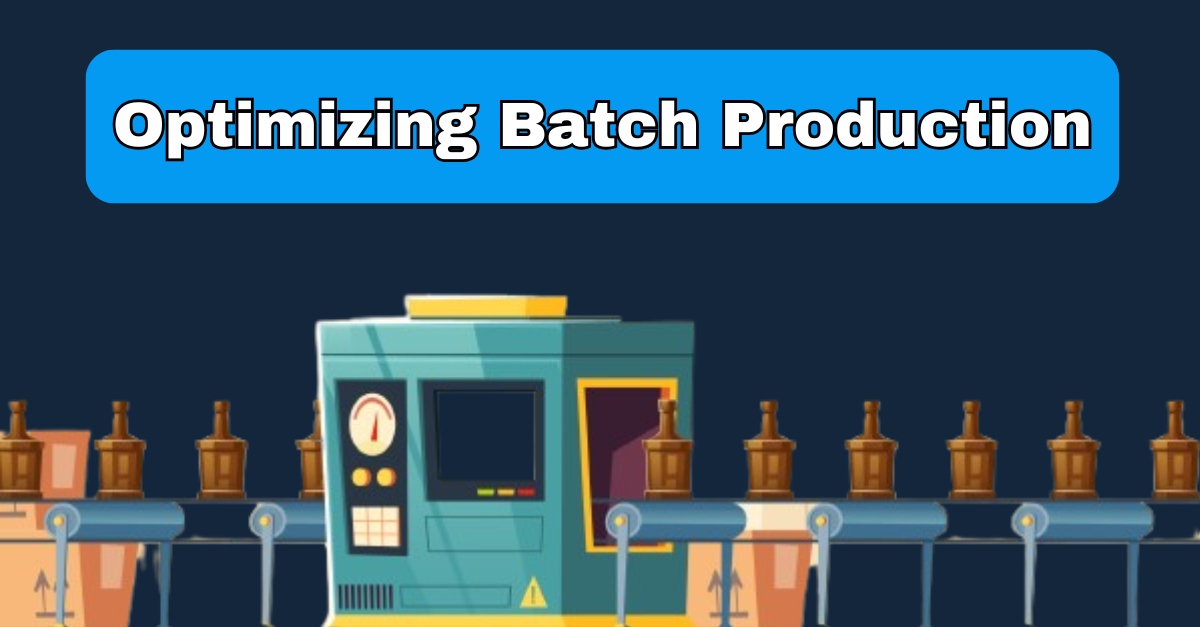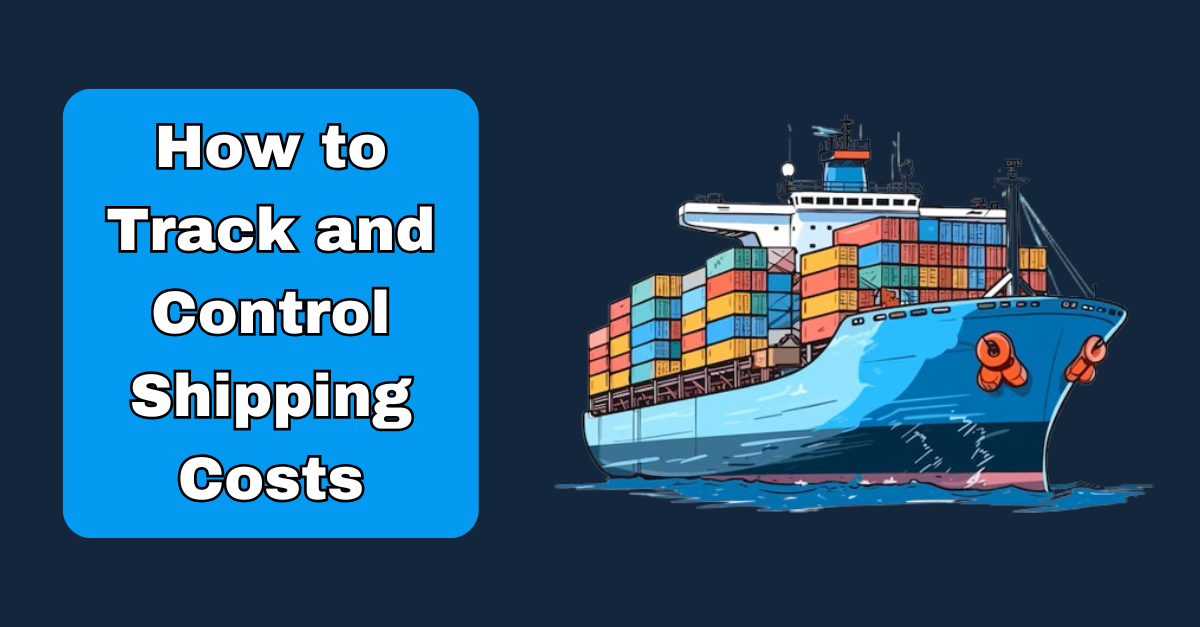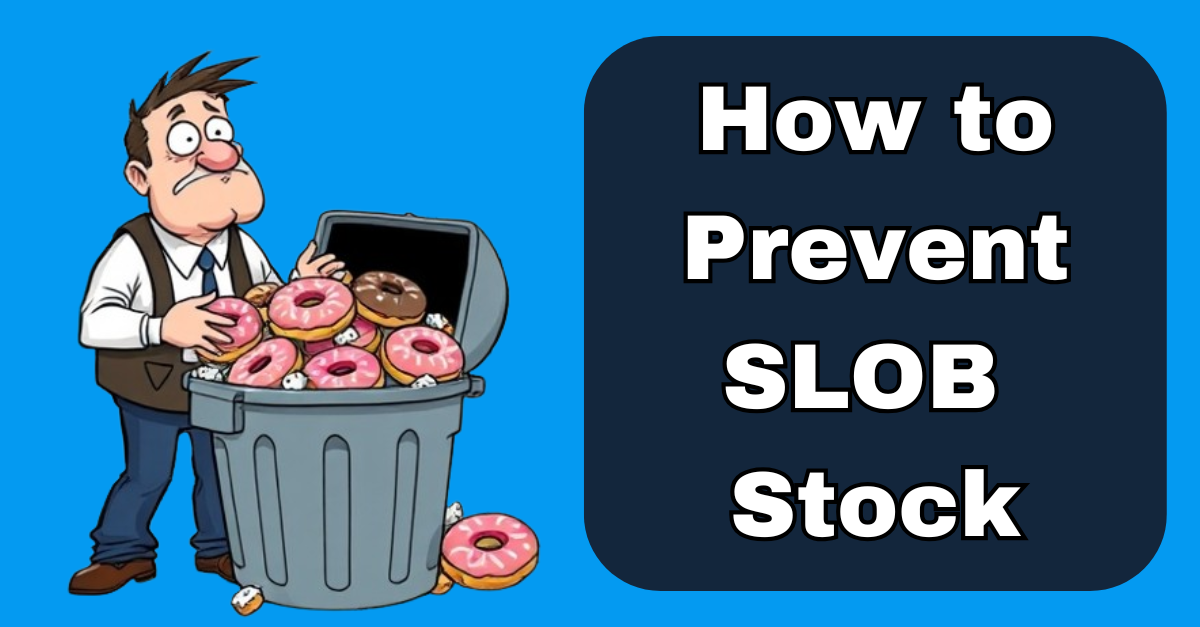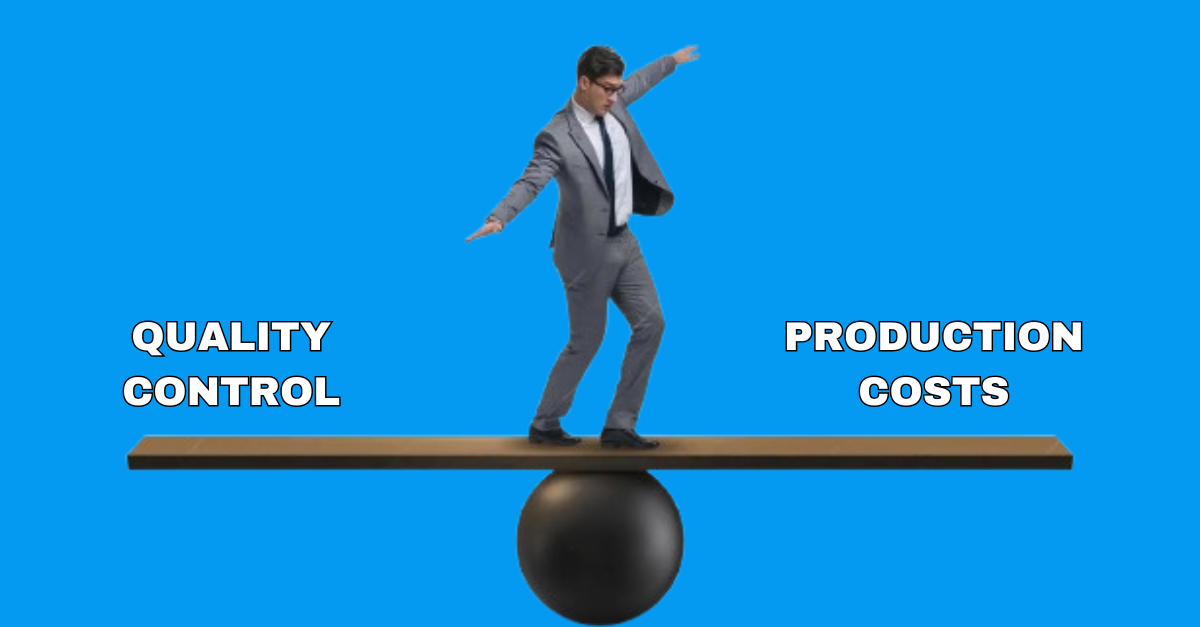What’s the ROI of an ERP System?
If you're thinking about buying an ERP (enterprise resource planning) system, this blog will help you figure out if your business is ready to do so. We'll go over how to calculate the potential gains and help you decide what’s reasonable to spend—or if you should spend at all.
If you ask an ERP vendor, they might be able to give you an estimate, but it’s tough for them to provide an accurate one since it varies so much across different businesses. It’s essential to do your own homework before buying. Here are some key points to consider:
Three Important Factors
- Sales Growth
- Think about all those times you ran out of stock and missed sales. An ERP can help prevent most, if not all, these situations by improving forecasting, procurement, and inventory management. Not missing a sales opportunity will obviously help your business grow its top line revenue.
- Productivity Gains
- Your top employees shouldn’t waste time on manual tasks like updating spreadsheets. An ERP automates these processes, allowing your team to focus on more critical work and make better decisions.
- Cost Savings
- Improved productivity might mean you can avoid hiring additional staff. For instance, if one full-time employee spends all their time managing spreadsheets, that costs around $73,000 a year if you oay them $35hr for 40hrs a week. While most employees won’t spend all their time on these tasks, it’s worth asking how much time they spend manually and how much they could save with an ERP. Estimate the time saved and calculate the potential savings.
Intangible Benefits
- Employee Morale: Nobody likes doing things the hard way. Reducing manual work can free your team to focus on projects they enjoy, boosting morale.
- Happier Customers: This can vary by business, but if an ERP increases efficiency, getting products to customers faster may lead to repeat business. It’s hard to measure, but the benefit is real.
Add up all the gains, subtract the ERP costs, and you’ll be ready to decide.
